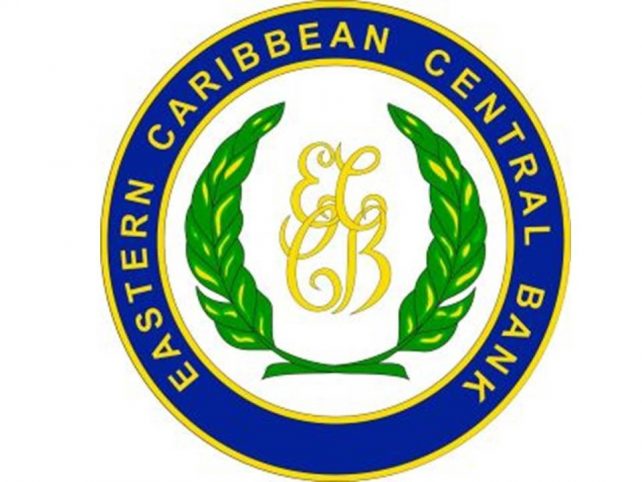The Eastern Caribbean Central Bank (ECCB) has made significant progress in its initiative to simplify the process of opening bank accounts for entrepreneurs and small business owners across the Eastern Caribbean Currency Union (ECCU), with the basic bank account program now fully implemented.
During her presentation at the CIS25 summit on Wednesday, ECCB Deputy Governor Dr Valda Henry confirmed that the streamlined process was already delivering results since taking effect on April 1.
“Including the easing of opening bank accounts and just yesterday [at the CIS25 welcome cocktail] in the discussion someone was talking about how difficult it is to open a bank account in our ECCU yet so easy in the US and other parts of the developed world,” Dr Henry told attendees.
The basic bank account initiative, which officially launched on December 1, 2024, required all licensed financial institutions in the region to offer accounts that are free to open, do not attract charges for deposits or withdrawals, accrue interest, and have no minimum balance requirements.
ECCB Governor Timothy Antoine, who provided an update on the programme during a recent CIU consultation townhall at the Hodges Bay Resort, said that the initiative addresses a longstanding barrier to financial inclusion in the region.
The basic bank accounts can hold up to EC$36,000 annually and have simplified documentation requirements, with individuals needing only one form of valid photo identification – either a national ID card, driver’s licence, or passport – to open an account.
Dr Henry noted that the simplified process is part of a broader strategy to boost economic resilience and growth in Antigua and Barbuda and the wider currency union, with the ECCB projecting regional growth of 3 percent for 2025, primarily driven by tourism and Citizenship by Investment (CBI) related construction.
“The economic outlook for 2025 is largely positive with growth expected at 3 percent,” Dr Henry said, while acknowledging that this falls below the 5 percent target set by the ECCB Monetary Council.
The initiative also came in response to the ECCB’s Financial Literacy and Financial Inclusion survey, which found that approximately 86.1 percent of people across the ECCU hold accounts with financial institutions, while in Antigua and Barbuda that figure is slightly lower at 82.8 percent.
For those without bank accounts, a principal reason cited was the difficulty in opening one.
Dr Henry also highlighted the success of the Eastern Caribbean Partial Credit Guarantee Corporation (ECPCGC), established in 2021 to provide partial guarantees for small businesses seeking loans.
“So far, the loans guaranteed is 19.4 million dollars with guarantees of 14.8 million dollars,” she stated, with businesses in six of the eight ECCU member countries benefiting from the programme.
The ECCB is also establishing the Office of Financial Conduct and Inclusion (OFCI) and the Eastern Caribbean Financial Standards Body (ECFSB) to further strengthen the region’s financial sector and address concerns over bank fees.
“The OFCI will help to address some of that for market conduct supervision and carries a mandate for financial inclusion and literacy,” Dr Henry explained.
These reforms come at a critical time for the region, which faces economic challenges from recent U.S. policy decisions, including increased tariffs that could impact inflation rates and the cost of living in the ECCU.
Despite these challenges, Dr Henry maintained a positive outlook, emphasizing the strength and stability of the Eastern Caribbean dollar, which currently has a backing ratio of 98.3 percent, well above the minimum 60 percent required by law.
“I want to assure you today that our Eastern Caribbean dollar is strong,” Dr Henry told summit participants, addressing concerns about currency stability in the face of global economic pressures.




